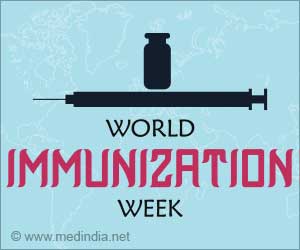- Physical activity can reduce cancer spread
- High intensity aerobic exercises has a positive impact on the health of cancer patients
- Aerobic exercise can also prevent the //formation of tumor in the body
Animal Model to Study the Impact of Physical Activity on Cancer Spread
The study involved an animal model in which mice were trained to perform a particular set of exercises and was compared to the human data, and it indicated that 72% less in the spread of cancer in participants who reported doing regular aerobic activity at high intensity, compared to those who did not engage in physical exercise which was similar to the animal model.With researches done earlier, it was noted that physical activity can help in reducing the spread of cancer but with this study there is a clear sight of what exercise can help with the spread of cancer (1✔ ✔Trusted Source
The Regulation of the Metastatic Cascade by Physical Activity: A Narrative Review
Go to source).
Dr. Gepner adds: “Our results indicate that unlike fat-burning exercise, which is relatively moderate, it is a high-intensity aerobic activity that helps in cancer prevention. If the optimal intensity range for burning fat is 65-70% of the maximum pulse rate, sugar burning requires 80-85% - even if only for brief intervals. For example: a one-minute sprint followed by walking, then another sprint. In the past, such intervals were mostly typical of athletes’ training regimens, but today we also see them in other exercise routines, such as heart and lung rehabilitation. Our results suggest that healthy individuals should also include high-intensity components in their fitness programs. We believe that future studies will enable personalized medicine for preventing specific cancers, with physicians reviewing family histories to recommend the right kind of physical activity. It must be emphasized that physical exercise, with its unique metabolic and physiological effects, exhibits a higher level of cancer prevention than any medication or medical intervention to date.”
Exercise helps cancer survivors to cope up with recovery from treatment and improve their long term health (2✔ ✔Trusted Source
Exercise in cancer
Go to source). But with this new breakthrough study it is evident that high intensity aerobic exercises can help in preventing cancer and the spread of cancer.
References:
- The Regulation of the Metastatic Cascade by Physical Activity: A Narrative Review - (https://pubmed.ncbi.nlm.nih.gov/31936342/)
- Exercise in cancer - (https://pubmed.ncbi.nlm.nih.gov/20596305/)
Source-Medindia
















